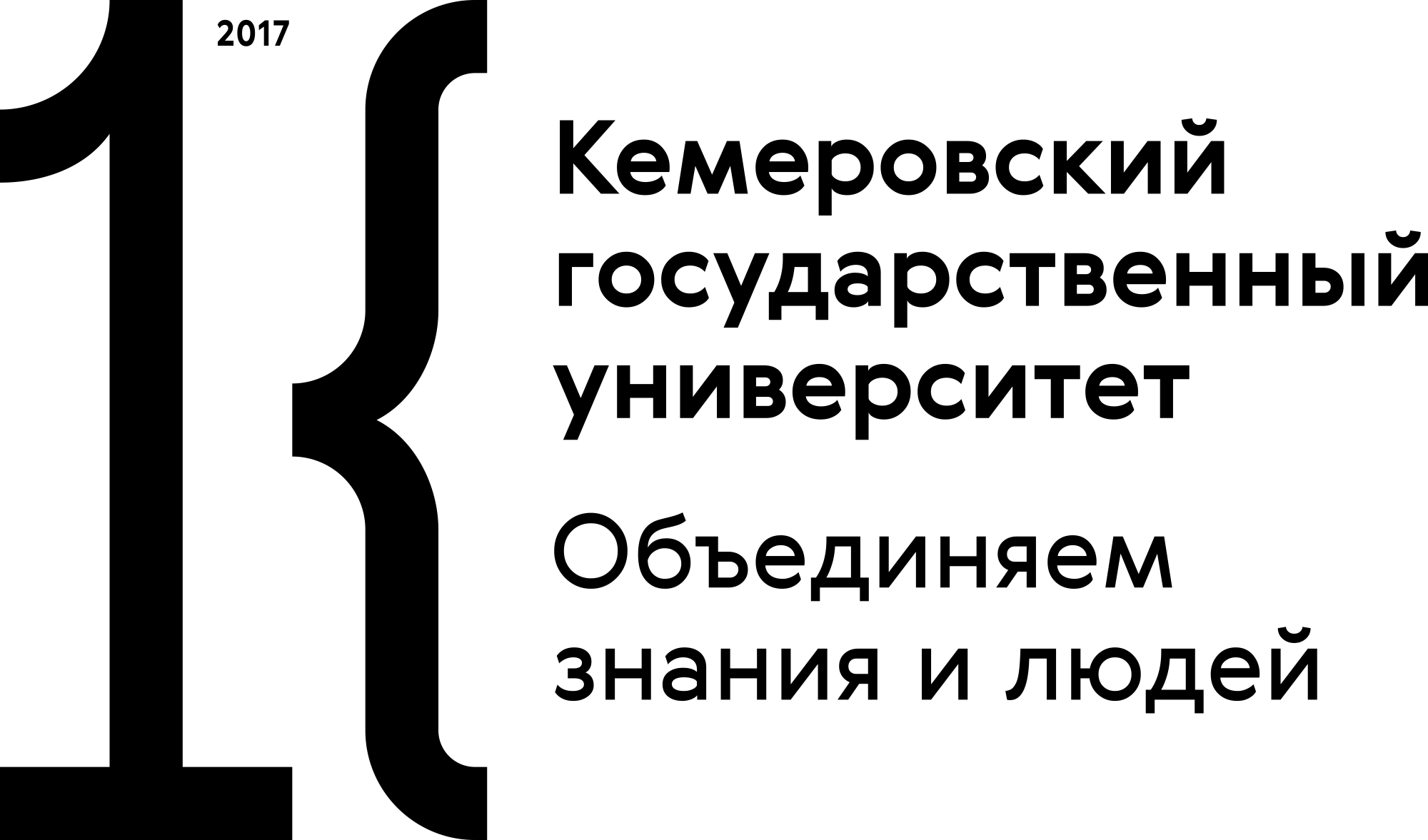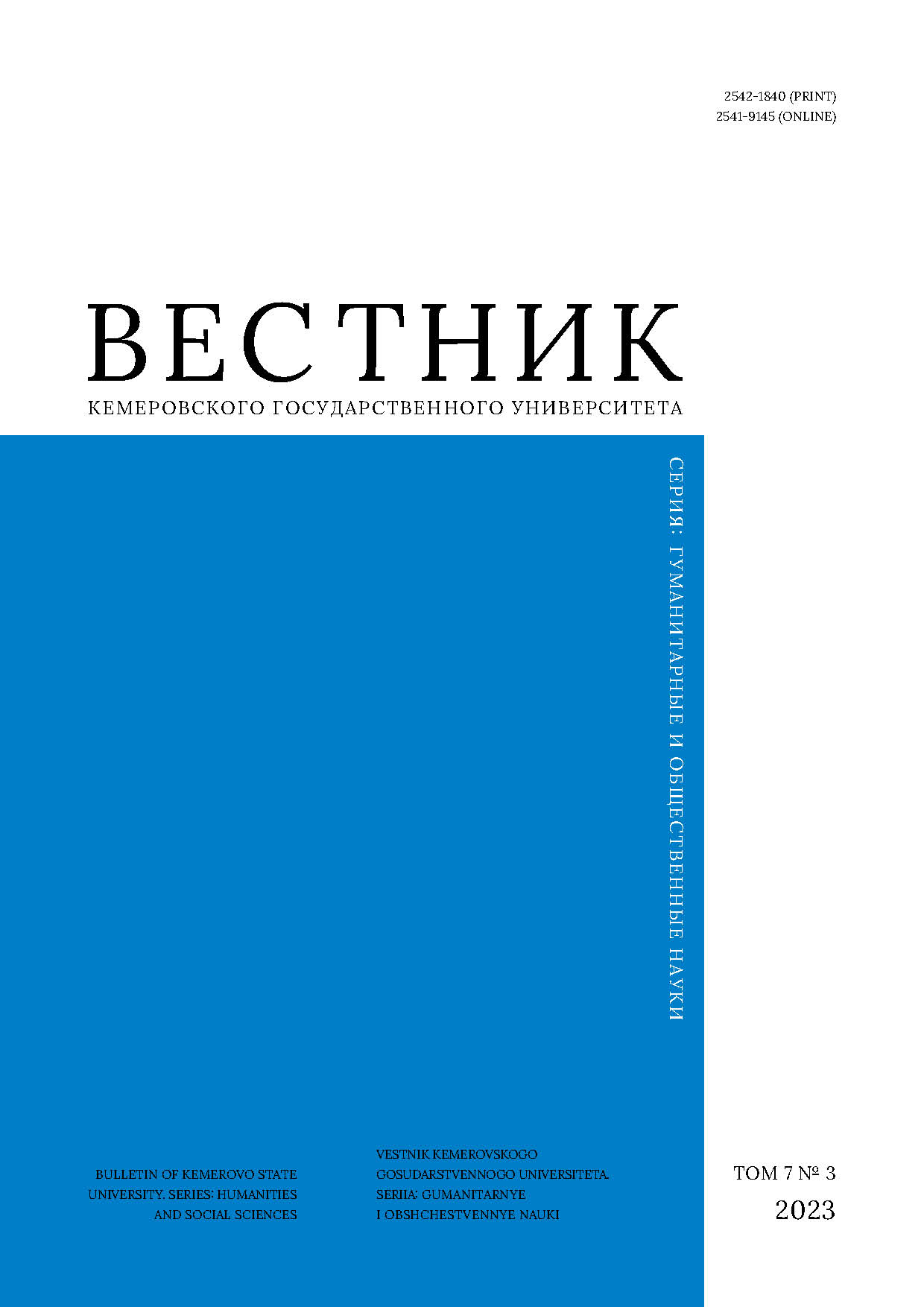Ekaterinburg, Russian Federation
The current concept of criminal liability offers a very vague idea about the purposes of punishing a legal entity. This research featured the existing purposes of punishment, as well as contemporary theoretical foundations behind the criminal liability and sentencing of legal entities. The authors developed a theoretical understanding of the purposes of punishment specified in the Criminal Code of the Russian Federation to adapt them to the introduction of a criminal liability institution aimed specifically at legal entities. The research objective was to substantiate the possibility of implementing the existing purposes of criminal punishment in relation to legal entities. The study methods included formal-logical and comparative-legal methods of scientific cognition, as well as conventional analysis and synthesis. The authors believe that legal entities could face such purposes of punishment as the restoration of social justice, the correction of the offender, and general or specific prevention, depending on the activity of the legal entity. Legal entities involved in organized crime should be subjected to specific prevention. Legal entities that violate their statutory activities could be subjected to all the purposes of criminal punishment, which may lead to their eventual correction.
legal entity, punishment, goals of punishment, prevention, restoration of justice, corrections of the convict
1. The new criminal law of Russia. The general part, ed. Kuznetsova N. F. Moscow: Zertsalo; TEIS, 1996, 168. (In Russ.)
2. Antonova E. Yu. Financing of terrorism: sources and counteraction measures. Vestnik Universiteta prokuratury Rossiiskoi Federatsii, 2022, (1): 100-107. (In Russ.) https://www.elibrary.ru/qsdfur
3. Volzhenkin B. V. Criminal liability of legal entities. St. Petersburg, 1998, 40. (In Russ.)
4. Bastrykin A. I. Legal issues of corruption combatting. Russian Investigator, 2017, (24): 6-10. (In Russ.) https://www.elibrary.ru/ylzheh
5. Fedorov A. V. Criminal liability of legal entities in post-Soviet states. Moscow: Iurlitinform, 2022, 248. (In Russ.) https://www.elibrary.ru/ckynui
6. Fedorov A. V. Criminal liability of legal entities and the development of the doctrine of countering the investigation of crimes. Development of the doctrine of counteracting the investigation of crimes and measures to overcome it in the context of digital transformation: Proc. Intern. Sci.-Prac. Conf. "The 62nd forensic readings", Moscow, 21 May 2021. Moscow: Academy of Management of the MIA of Russia, 2021, 70-77. (In Russ.) https://www.elibrary.ru/ifqlnt
7. Fedorov A. V. Criminal liability of legal entities in the post-socialist states of the Asia-Pacific region. Moscow: Iurist, 2022, 144. (In Russ.) https://elibrary.ru/moivvg
8. Komosko A. A. On the question of corporate criminal liability at the present stage. Vestnik Akademii ekonomicheskoi bezopasnosti MVD Rossii, 2009, (9): 131-134. (In Russ.) https://elibrary.ru/nbpgbx
9. Shchedrin N. V., Vostokov A. A. Criminal liability of legal entities or other criminal law measures in respect of organizations. Ugolovnoe pravo, 2009, (1): 58-61. (In Russ.) https://elibrary.ru/knyidb
10. Naumov A. V. Criminal liability of legal entities (doctrinal and legislative aspects). Pravo i gosudarstvo, 2017, (1-2): 106-118. (In Russ.) https://elibrary.ru/yquecq
11. Antonova E. Yu. Crimes against the peace and security of mankind - the legacy of the Nuremberg, Tokyo and Khabarovsk trials. The historical and legal legacy of the Tokyo and Khabarovsk processes in ensuring human security: Proc. Intercollegiate Sci.-Prac. Conf., Vladivostok, 25 Nov 2022. Vladivostok: FEFU, 2023, 22-29. (In Russ.) https://www.elibrary.ru/iwpuyd
12. Antonova E. Yu. Corporate culture as a condition of liability of legal entities for crimes of corruption. Relevant Issues of Science and Practice, ed. Kravtsova I. V. Khabarovsk: Far Eastern Law Institute of the MIA of the Russia, 2018, iss. 2, 23-28. (In Russ.) https://elibrary.ru/zalpjz
13. Sitkovskii I. V. Problems of liability of legal entities in criminal legislation. Ugolovnoe pravo, 2002, (4): 42-44. (In Russ.)
14. Sheirenov Zh. N. Grounds for finding a legal entity to be the subject of criminal liability for corruption crimes. Pravo i politika, 2020, (7): 92-104. (In Russ.) https://doi.org/10.7256/2454-0706.2020.7.32962
15. Sabitov R. A. Criminal responsibility and criminal legal encouragement. Moscow: Iurlitinform, 2022, 448. (In Russ.) https://elibrary.ru/xmxspx
16. Arkhipov S. I. Essence of a legal entity. Izvestiia vysshikh uchebnykh zavedenii. Pravovedenie, 2004, (5): 71-87. (In Russ.) https://elibrary.ru/tksslx
17. Chistyakov A. A. Differentiation of the criminal liability and punishment individualization. Differentiation and individualization of responsibility in criminal and penal enforcement law: Proc. Intern. Sci.-Prac. Conf. Dedicated to the 75th Anniversary of L. L. Kruglikov, Ryazan, 11 Jan 2015. Ryazan: The Academy of the FPS of Russia, 2015, 22-28. (In Russ.) https://elibrary.ru/vriqfr
18. Sych K. A. The category of public danger in the characteristics of the crime of the act and the identity of the perpetrator. The penal enforcement system: present and prospects: Proc. Intern. Sci.-Prac. Conf., Ryazan, 18-19 Nov 2020. Ryazan: The Academy of the FPS of Russia, 2020, vol. 1, 234-237. (In Russ.) https://elibrary.ru/erdjaw
19. Yersova K. A. The responsibility of legal entities as a way to counter organized crime. Siberian Law Review, 2019, 16(2): 189-192. (In Russ.) https://doi.org/10.19073/2658-7602-2019-16-2-189-192
20. Dvoretsky M. Yu. The effectiveness of criminal law against crime in the context of the criminal liability of legal entities. Bulletin of the Moscow University of the Ministry of Internal Affairs of Russia, 2022, (1): 103-109. (In Russ.) https://doi.org/10.24412/2073-0454-2022-1-103-109
21. Becker G. S. Crime and punishment: an economic approach. Journal of Political Economy, 1968, 76(2): 169-217. https://doi.org/10.1086/259394
22. Criminal law. General part, eds. Inogamova-Khegai L. V., Rarog A. I., Chuchaev A. I. 2nd ed. Moscow: KONTRAKT; INFRA-M, 2008, 560. (In Russ.)
23. Rundkvist A. N. Correlation of principles of justice and lawfulness: criteria of injustice of law. Iuridicheskie issledovaniia, 2020, (1): 47-60. (In Russ.) https://doi.org/10.25136/2409-7136.2020.1.30309
24. Filimonov V. D. The mechanism for imposing punishment as a tool for implementing the principle of justice. Ugolovnaya yustitsiya, 2020, (16): 32−37. (In Russ.) https://doi.org/10.17223/23088451/16/7
25. Kozachenko I. Ya., Sergeev D. N. New criminalization: a philosophical and legal guide to the world of the criminal and non-criminal. Ekaterinburg: SAPIENTIA, 2020, 256. (In Russ.) https://elibrary.ru/taudvj
26. He Bingsong. Decision of the 2nd International Forum "Crimes and criminal law in the era of globalization" 2010. Kriminologicheskii zhurnal Baikalskogo gosudarstvennogo universiteta ekonomiki i prava, 2011, (1): 100-104. (In Russ.) https://elibrary.ru/ndfufx


















